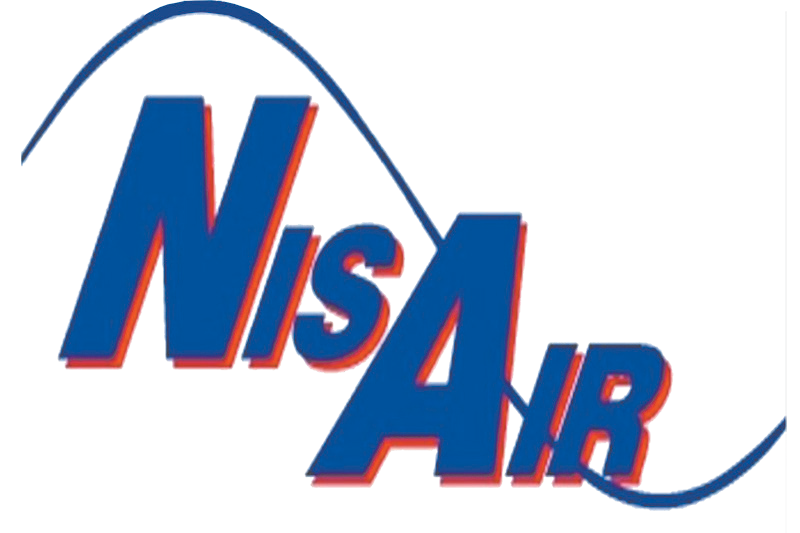Repair or Replace: Consider These Things
Making the decision to repair or replace your HVAC system isn’t always a cut-and-dried decision. A new cooling system is one of the most expensive purchases you’ll have to make for your home, which makes choosing between the existing system and a new one more difficult. If you’re not sure which makes more sense, consider these questions.
How old is the existing system?
The average lifetime of a central HVAC system runs about 15 years. It’s entirely possible that the need for repairs will escalate and hanging onto that system will cost more over time.
Does the system need an extensive repair?
The cost of some repairs may not be worth it. Compressor failure due to wear and tear or coil replacement because of age-related leaks may not have a payoff. When these parts reach the end of their lifetimes, it’s not uncommon that other parts are due for replacement, as well.
Is your electric bill climbing?
As HVAC systems age, they lose efficiency and use more energy. In this climate, A/C systems get a lot of use and energy costs factor into many decisions about when to repair or replace. Instead of paying more for energy, it may be a better use of your money to invest in a new system altogether.
Does it use R-22 (Freon)?
The Environmental Protection Agency has mandated the phaseout of R-22 and Freon because this refrigerant has toxic properties for the environments and humans. It’s becoming increasingly more expensive to top off A/C systems. It’s not cost-effective to convert R-22 systems to newer, safer refrigerants.
How energy efficient is your current system?
Over the decades, the U.S. Department of Energy (DOE) has raised the minimum efficiency standards for HVAC systems, and new systems available offer much greater efficiency than those from just a few years ago. Lower electric bills help pay for the new system.
Deciding whether to repair or replace involves key factors related to your budget and comfort. To learn more, contact NisAir Air Conditioning and Heating, proudly serving Treasure Coast homeowners.

